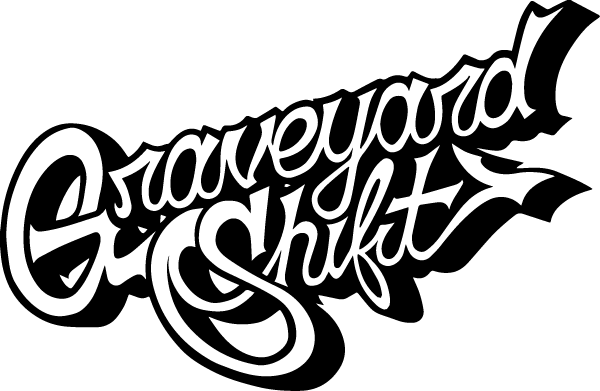Geoff Barrow Criticizes Ye for Unauthorized Sampling on Vultures 2 Track
In a world where creativity often intertwines with legality, the controversy surrounding unauthorized sampling continues to be a major issue in the music industry. Recently, Geoff Barrow from the renowned trip-hop group Portishead has publicly criticized Ye (formerly known as Kanye West) for incorporating an unauthorized sample on the track Vultures 2.
The Incident
On social media, Geoff Barrow expressed his frustration over what he referred to as a "blatant misuse" of Portishead’s music. Barrow highlighted how Ye utilized a segment from their song without seeking the necessary permissions, laying bare a rift that has garnered significant attention from both fans and fellow musicians.
Understanding Sampling in Music
What is Sampling?
Sampling involves incorporating a portion of a sound recording into a new composition. This practice is deeply embedded in genres like hip-hop and electronic music, where snippets of older tracks add layers of texture and homage to modern creations.
Legal Implications
While sampling can breathe new life into a track, it also comes with legal baggage. Using an existing sound recording demands prior authorization from the rights holders, which usually comprises:
- Authors—The original composers or lyricists.
- Performers—The artists who performed the original version.
- Record Labels—Companies that own the master recordings.
Failing to secure these permissions can lead to lawsuits, hefty fines, and irrevocable damage to one's reputation.
Geoff Barrow's Stand
Geoff Barrow has been notably outspoken about the unauthorized use of his work. By criticizing Ye, Barrow not only defends his intellectual property but also aims to shed light on the broader issue of sampling ethics in the music industry.
A Strong Message
In his posts, Barrow described the act as part of a disturbing trend where influential figures exploit lesser-known artists or those from past decades. Barrow's statements convey a strong message against such practices, demanding that artists give due credit and compensation to the original creators.
The Influence of Ye
As one of the most influential artists of his generation, Ye’s actions have a ripple effect across the music industry. Known for his innovative sampling styles, Ye’s tracks often blend various elements and genres to create something entirely novel.
Why It Matters
Given his high-profile status, Ye’s unauthorized use of samples not only affects the immediate parties involved but also sets a precedent that could be damaging to smaller artists and producers. The controversy with Barrow serves as a critical reminder that regardless of fame, ethical considerations and legal requirements should not be overlooked.
The Road Ahead
Industry experts believe that cases such as this underscore the need for:
- Clearer Guidelines on sampling for all artists, regardless of their fame or influence.
- Increased Awareness among new and upcoming artists about the legal implications of unauthorized sampling.
- More Robust Mechanisms for resolving disputes related to intellectual property in the music industry.
By raising such awareness, debates like the one instigated by Barrow can pave the way for a more ethical and legally sound industry.
Fan Reactions
Reactions from fans have been mixed. While some side with Barrow, appreciating his stand for intellectual property rights, others argue in favor of Ye’s creative freedom and innovative approach to music production. Social media platforms are teeming with debates, showcasing how divided opinions can be when it comes to artistic practices versus legal requirements.
Conclusion
The dispute between Geoff Barrow and Ye over the unauthorized sampling on Vultures 2 is more than an isolated incident—it reflects ongoing challenges and ethical dilemmas in the music industry. While creativity should always be valued, it’s equally crucial to respect the hard work and intellectual property rights of other artists. As the conversation around this controversy continues, it might prompt a reevaluation of existing norms and lead to more stringent regulations that harmonize creativity with legal and ethical boundaries.

